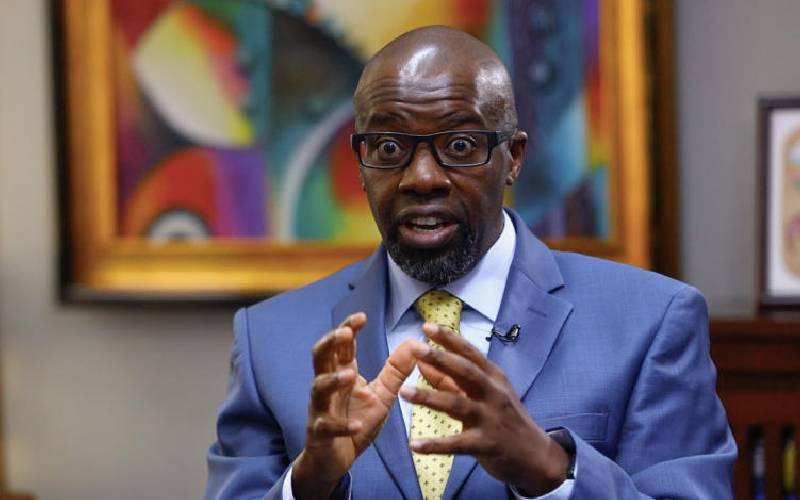×
The Standard e-Paper
Kenya’s Boldest Voice

You will be able to own a three-bedroom house for 30 per cent less than the current market price if the government's ambitious plan to collaborate with pensioners works well.
The plan, as presented during the recent pensioners' stakeholders' meeting attended by President William Ruto seeks to unlock up to Sh500 billion of workers' savings.